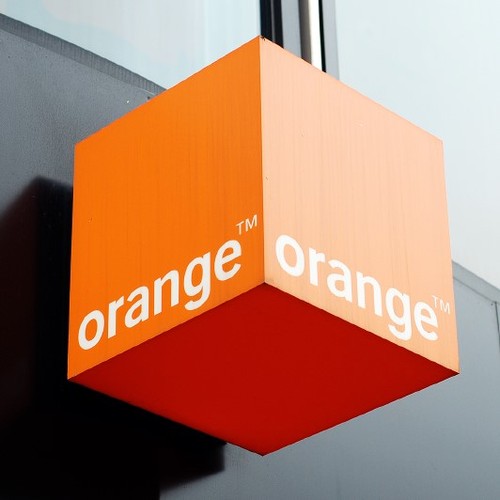Eurobites: Orange tweaks management team to target B2B, MEA
Also in today's EMEA regional roundup: Nokia targets industrial private networks; telco investment up in France; Telefónica boss tells Davos it needs telcos to go green.

Also in today's EMEA regional roundup: Nokia targets industrial private networks; telco investment up in France; Telefónica boss tells Davos it needs telcos to go green.
Orange has reshuffled part of its management team to help it better target what it describes as the "key" business-to-business (B2B) and Africa/Middle East markets. Aliette Mousnier-Lompré is appointed CEO of Orange Business Services, having performed the role in an interim capacity since the departure of Helmut Reisinger in January, while Jérôme Hénique becomes CEO of Orange Middle East and Africa (OMEA). Hénique takes over from Alioune Ndiaye, who wishes to concentrate on his role as chairman of the board of directors. This represents the first major shake-up at Orange since Christel Heydemann was appointed group CEO in January following Stéphane Richard's departure under a cloud of a high-profile fraud conviction. (See Eurobites: Orange names new boss.)
Nokia is adding to its box of tricks for users of industrial private networks, including a 5G video camera which can be wirelessly connected to customers' networks, enabling them to conduct real-time video analysis of processes, defect detection and more besides. The vendor is also touting a new range of accessories from Savox, including hand-held remote speaker microphones, headsets with noise cancellation and helmet-compatible headsets, which, says Nokia, will provide more ways for workers to connect, while "increasing situational awareness" to improve their safety. Lastly, Nokia has unveiled a Network Digital Twin, which allows an organization to view its network's real-time and historical performances as measured from Nokia's industrial devices deployed on its premises.
French operators' investment in 2021 grew by more than 10% year-on-year, to €14.9 billion (US$15.9 billion), according to the latest review of the country's telecom market by regulator Arcep. Retail market revenue was also up, by 2.5%, after a ten-year decline, driven chiefly by the mobile market. There were 80 million active SIM cards in use as of December 31, 2021, though only 4% of them were on 5G networks. On the fixed side, fiber-based Internet plans outnumbered their DSL equivalents for the first time in 2021.
Telefónica boss José María Álvarez-Pallete has used his slot at the international talking-shop going on in Davos this week to express his belief that "without digitalization there is no green transition" for industry, reminding the bigwigs in attendance that telcos have a massive part to play in the desired transformation. And to help make progress in this process, Álvarez-Pallete called for "strong political and regulatory mechanisms to further develop decarbonization plans leveraged on digitalization."
BT has launched a new product, Hybrid Speed Boost, which "fuses" its fixed line and mobile services to allow businesses stuck with copper-based broadband for the time being to boost download speeds to 20 Mbit/s and upload speeds to 10 Mbit/s. The product is included at no extra cost for new BT business broadband customers taking ADSL broadband plans, while existing customers can take advantage of it when they renew their plan.
Israel's Bezeq Telecom saw first-quarter EBITDA (earnings before interest, tax, depreciation and amortization) rise 4.4% year-on-year, to 958 million Israeli shekels ($286 million), on revenues that climbed 1.5% to NIS2.26 billion ($674 million). Bezeq's mobile arm, Pelephone, recorded its highest quarterly profit since 2014, hitting NIS56 million ($16.7 million).
— Paul Rainford, Assistant Editor, Europe, Light Reading
Read more about:
EuropeAbout the Author(s)
You May Also Like












